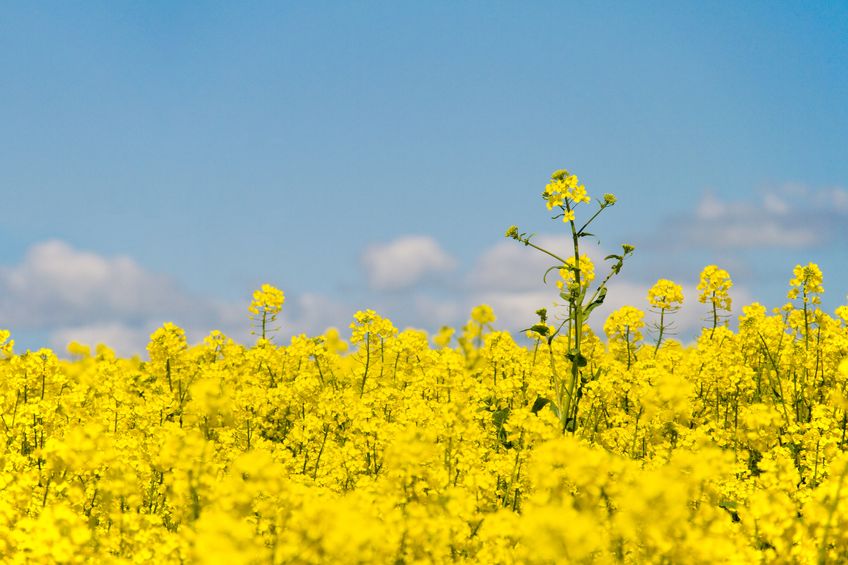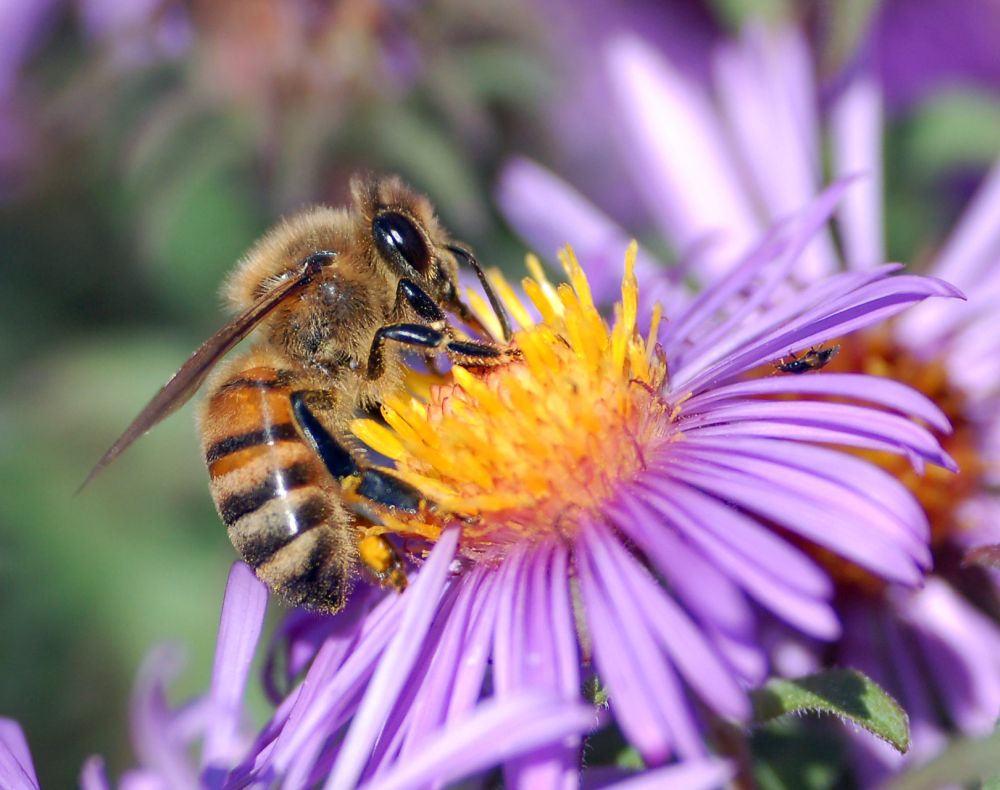
Farmers have been urged to tell MPs, candidates and MEPs how a neonicotinoid ban would affect their farm.
The National Farmers' Union (NFU) has said a blanket ban would have devastating consequences on outdoor crops, and the effect this would have on farming businesses.
The call comes in response to European Commission proposals to widen current neonicotinoid restrictions to ban all uses on field-grown crops, extending its current restrictions to include non-flowering crops.
The call also comes as the NFU's application for an emergency authorisation for neonicotinoid use is poised for refusal by UK Government officials.
But the farming union has remained defiant, and is now calling on the Commission to reconsider its proposal to enable time for discussion with member states and the industry.
It has written to the European Commission outlining its concerns and the consequences such a ban would have on farmers.
'Devastating'

NFU Vice President Guy Smith said a blanket ban of neonicotinoids on outdoor crops would be 'devastating' for farms across the country.
“The numbers of pests are rising across the country and dealing with these pressures is costly. Growing crops without these seed treatments could become very difficult.
“Neonicotinoid seed treatments form an incredibly important part of the integrated pest management approach which farmers adopt. I know it would make implementing this approach more difficult for farmers without these seed treatments.
“Nowhere else in the world are farmers under threat from losing neonicotinoid insecticides as they produce food under the threat from insects. By denying UK farmers these key crop production tools, our competitors who have access to these products are being gifted a market.
“We’re encouraging farmers and growers to speak to their MP, prospective parliamentary candidates and MEP to describe the impact a blanket ban would have on their farm. If politicians are made aware of the consequences of a ban, they may be persuaded to vote against one.
The NFU said the proposals would not only impact major crops such as cereals, but also sugar beet and vegetables as 'there are no effective alternatives to neonicotinoid seed treatments.'
Bee health
Proponents of a neonicotinoid ban say there is scientific consensus that bees are exposed to neonicotinoid pesticides in fields and suffer harm from the doses they receive.
For example, Stirling University researchers have said bees exposed to neonicotinoids fail to learn how to buzz properly and in turn they fail to release the pollen from some flowers, such as those of crops like tomatoes and potatoes.
Greenpeace EU food policy director Franziska Achterberg said a neonicotinoid ban is good news for the environment but even if the pesticides are banned 'similar chemicals will still be permitted.'
"The EU must apply the same strict standards to all pesticides and support the transition to ecological methods of pest control."
